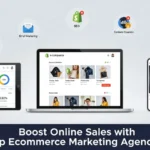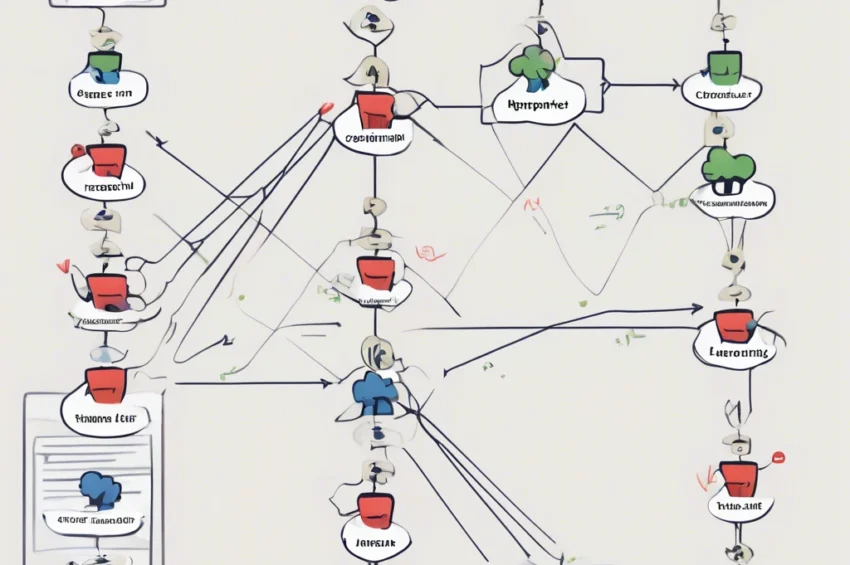
AI’s Role in Modern Marketing: A Comprehensive Overview
Introduction
Artificial Intelligence (AI) is rapidly transforming modern marketing strategies, marking a pivotal shift in how businesses engage with their audiences. The integration of AI marketing strategies is no longer a futuristic concept but a present-day reality, driving significant improvements in efficiency, personalization, and overall marketing effectiveness. The growing significance of AI marketing benefits is undeniable, and its potential to reshape the marketing landscape is vast.
Understanding the Fundamentals of AI in Marketing
At its core, AI in marketing involves leveraging technologies like machine learning, natural language processing, and predictive analytics to automate tasks, analyze data, and personalize customer experiences. Understanding these fundamental concepts is crucial for grasping the full potential of AI‘s impact on the industry.
Machine Learning and Its Marketing Applications
Machine learning algorithms are at the heart of many AI marketing strategies. These algorithms analyze vast amounts of data, identify patterns, and automate tasks that enhance marketing efforts. For example, machine learning can be used to predict customer behavior, optimize advertising campaigns, and personalize content delivery. This leads to more effective targeting, higher conversion rates, and improved customer engagement.
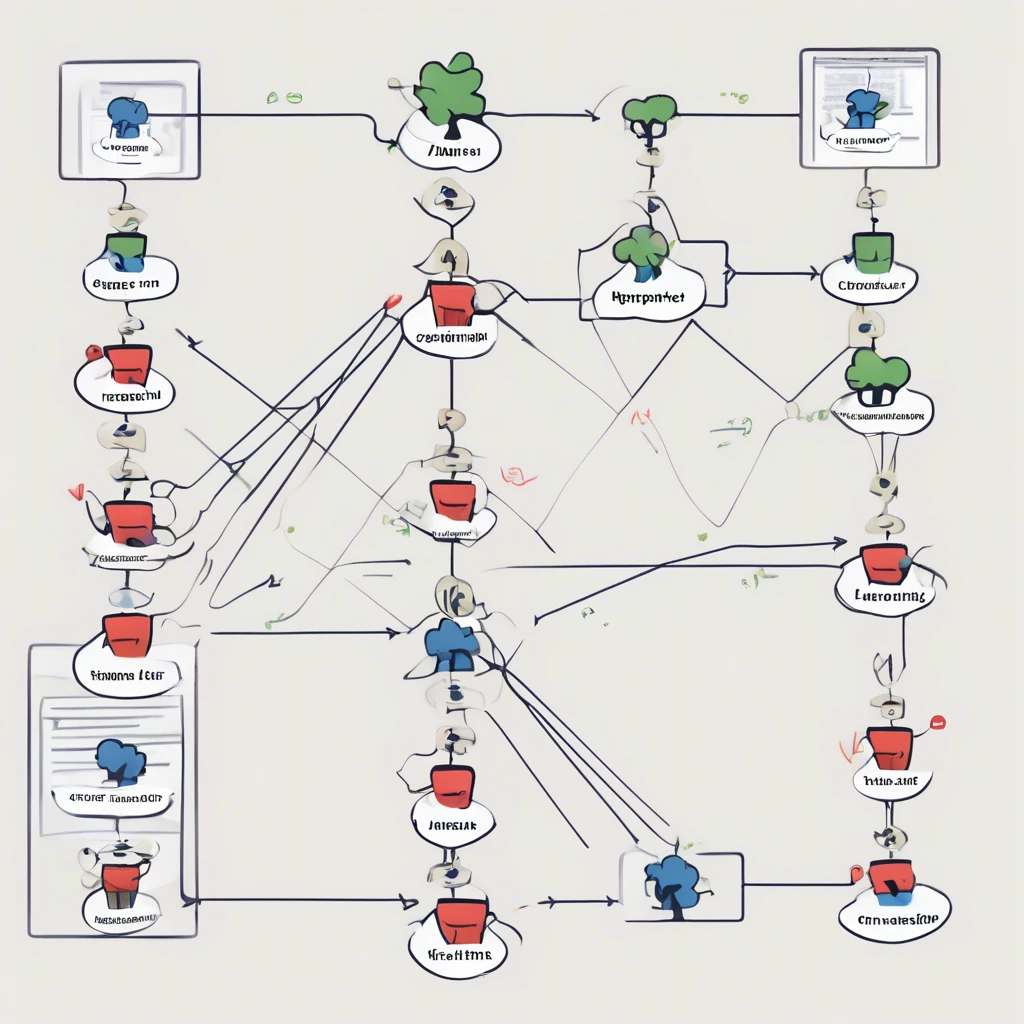
The Role of Natural Language Processing (NLP)
Natural Language Processing (NLP) plays a critical role in enabling marketers to understand and respond to customer language. NLP allows businesses to analyze customer feedback, sentiment, and intent, improving communication and personalization. This technology powers chatbots, sentiment analysis tools, and content generation platforms, allowing for more human-like interactions and more relevant content delivery.
Predictive Analytics: Forecasting the Future
Predictive analytics utilizes data to forecast future trends, customer behavior, and market changes. By analyzing historical data and identifying patterns, predictive analytics enables marketers to anticipate customer needs, optimize campaigns, and make data-driven decisions. This proactive approach allows businesses to stay ahead of the curve and adapt to evolving market dynamics.
AI-Powered Tools Revolutionizing Marketing Strategies
Specific AI tools and technologies are reshaping marketing practices across various channels, offering new opportunities for efficiency and effectiveness. The ability to automate tasks, personalize experiences, and gain deeper insights into customer behavior is transforming the way marketers operate.
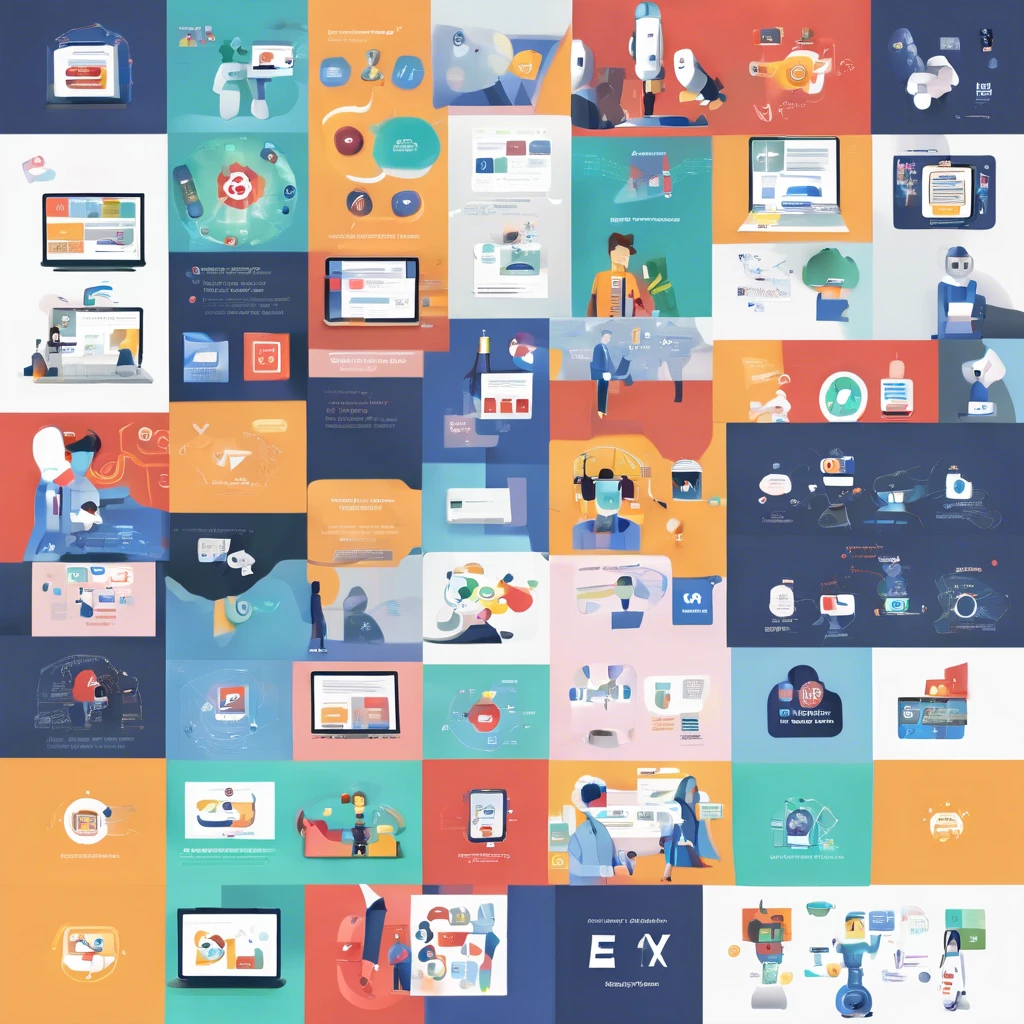
AI in Content Creation and Optimization
AI assists in generating content ideas, writing copy, and optimizing content for search engines and audience engagement. Tools like generative AI can produce blog posts, social media updates, and email campaigns, freeing up marketers to focus on strategy and analysis. Furthermore, AI-powered tools can analyze content performance and provide recommendations for improvement.
AI-Driven Email Marketing and Automation
AI is transforming email marketing by enabling personalized campaigns, automating workflows, and improving engagement rates. AI-powered tools can segment audiences, personalize email content, and optimize send times to maximize open and click-through rates. This leads to more effective communication and stronger customer relationships.
The Power of AI in Social Media Marketing
AI tools are used to manage social media accounts, schedule posts, analyze performance, and improve audience targeting. AI can identify optimal posting times, generate engaging content, and analyze audience sentiment to inform social media strategies. This results in increased engagement, brand awareness, and ultimately, conversions.
Enhancing Customer Experience with AI
AI significantly improves customer interactions, personalization, and overall satisfaction. By leveraging AI, businesses can create more engaging and relevant experiences that drive customer loyalty and advocacy.
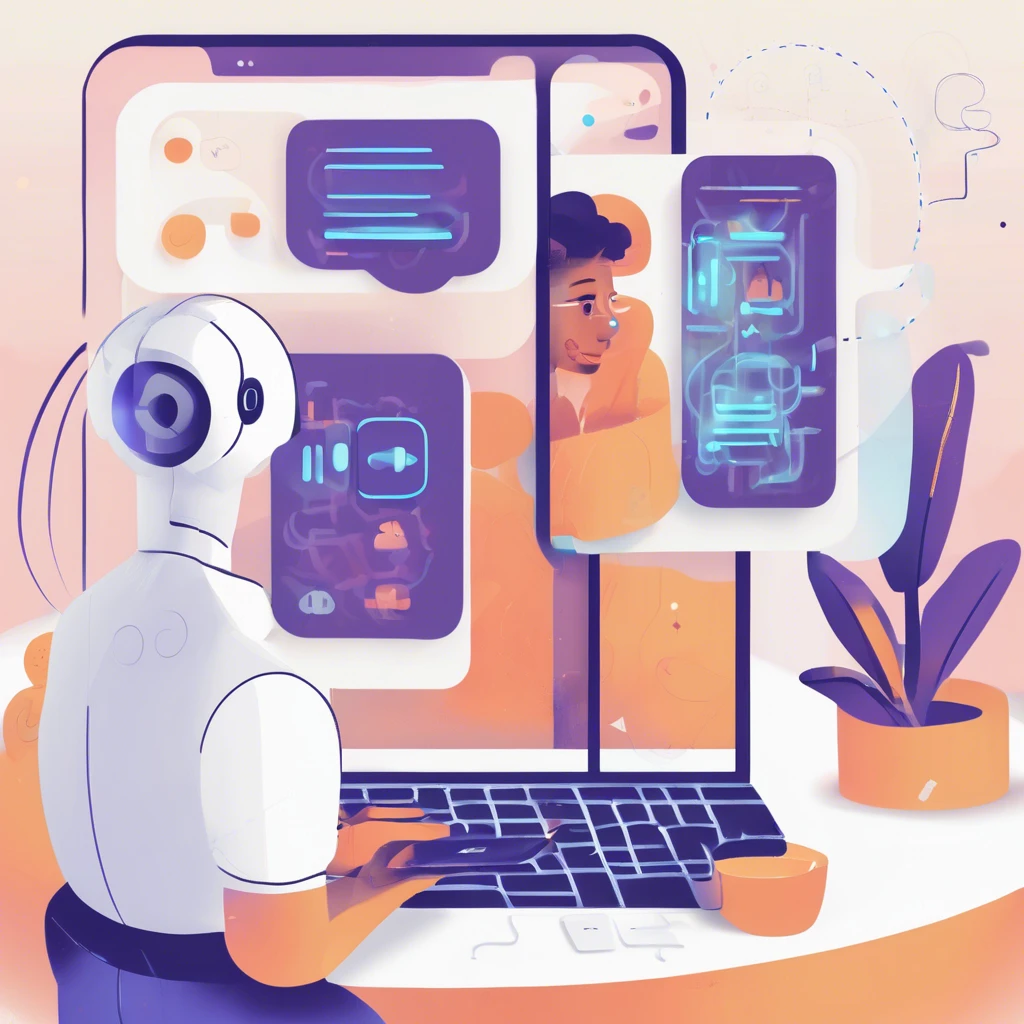
AI-Powered Chatbots and Customer Service
Chatbots provide instant customer support, answer queries, and improve customer service efficiency. These AI-driven tools can handle a high volume of inquiries, freeing up human agents to focus on more complex issues. This leads to faster response times, improved customer satisfaction, and reduced operational costs.
Personalization and Targeted Advertising
AI enables marketers to deliver highly personalized content and targeted advertisements, enhancing relevance and conversion rates. By analyzing customer data and behavior, AI can tailor content and ads to individual preferences, leading to more effective marketing campaigns. This level of personalization is a key driver of AI marketing benefits.
Data-Driven Customer Insights and Analysis
AI analyzes customer data, understands behavior patterns, and gains valuable insights for better decision-making. By analyzing customer data, AI can identify trends, predict future behavior, and provide actionable insights for improving marketing strategies. This data-driven approach is essential for optimizing campaigns and achieving better results.
Measuring the ROI of AI in Marketing
Measuring the effectiveness of AI-driven marketing initiatives and demonstrating their value is crucial for justifying investments and optimizing strategies.
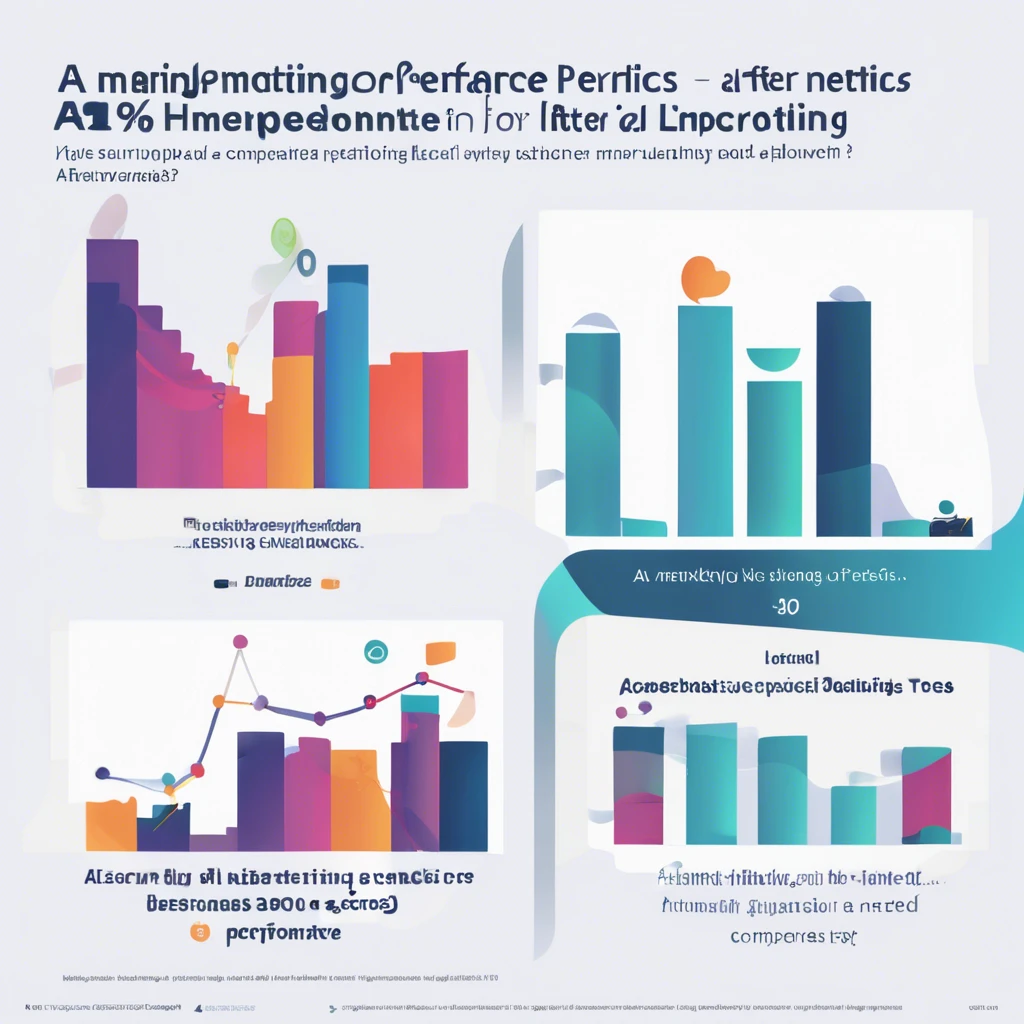
Key Performance Indicators (KPIs) for AI Marketing
Identifying and tracking the essential KPIs reflects the success of AI-powered marketing campaigns. These KPIs include conversion rates, customer engagement, website traffic, and return on investment (ROI). Regular monitoring and analysis of these metrics are essential for evaluating performance and making data-driven decisions.
Analyzing and Interpreting Data
Analyzing data generated by AI tools helps identify trends, measure performance, and refine strategies. By interpreting data, marketers can gain insights into customer behavior, campaign effectiveness, and areas for improvement. This data-driven approach is essential for optimizing campaigns and achieving better results.
Demonstrating the Value of AI Investments
Showcasing the return on investment (ROI) of AI marketing efforts to stakeholders is crucial for securing ongoing support and investment. Demonstrating the value of AI investments involves tracking key metrics, analyzing results, and communicating the impact of AI initiatives on business objectives.
Challenges and Future Trends in AI Marketing
Implementing AI in marketing presents challenges that marketers must address. Understanding these challenges and staying informed about future trends is crucial for maximizing AI‘s potential.

Overcoming Implementation Challenges
Common challenges include data privacy concerns, the need for specialized skills, and the cost of implementation. Addressing these challenges requires careful planning, investment in training, and a commitment to ethical practices.
Ethical Considerations in AI Marketing
Ethical implications include data privacy, transparency, and bias. It is crucial to ensure that AI is used responsibly and ethically, respecting customer data and avoiding bias in algorithms.
The Future of AI in Marketing
Future trends include the integration of AI with augmented reality, voice search optimization, and hyper-personalization. As AI technology continues to evolve, marketers must stay informed about the latest trends and adapt their strategies accordingly. The AI marketing trends are constantly changing.
Conclusion
AI is revolutionizing modern marketing, offering unprecedented opportunities to drive future success. By embracing AI, businesses can automate tasks, personalize experiences, and gain valuable insights to enhance their marketing efforts. The key takeaways emphasize the importance of AI in marketing and its potential to drive future success. As stated in the article, “AI is redefining the boundaries of what’s possible in marketing. From enabling real-time data analysis to crafting hyper-personalized customer experiences.” (The Role of AI in Modern Marketing – Park University)
AI‘s role in marketing continues to evolve, and the ability to adapt and leverage these AI marketing strategies will be crucial for success. As a source states, “Using AI opens up new chances for growth, boosts marketing returns, and lets you reach people more personally.” (AI’s Role in Modern Marketing: Insights & Trends – LinkedIn)
FAQ
What is AI in marketing?
AI in marketing refers to the use of artificial intelligence technologies, such as machine learning and natural language processing, to automate tasks, analyze data, and personalize customer experiences.
How can AI improve customer experience?
AI improves customer experience through personalized content, targeted advertising, and instant customer support via chatbots, leading to higher satisfaction and engagement.
What are the challenges of implementing AI in marketing?
Challenges include data privacy concerns, the need for specialized skills, the cost of implementation, and ensuring ethical practices.
What is the ROI of AI in marketing?
ROI can be measured through increased conversion rates, higher customer engagement, improved efficiency, and reduced marketing costs, but it requires careful tracking of KPIs.
What are some future trends in AI marketing?
Future trends include increased use of AI in augmented reality, voice search optimization, hyper-personalization, and the integration of AI with other emerging technologies.
Additional Resources / References
- The Role of Artificial Intelligence in Modern Marketing – https://www.research-archive.org/index.php/rars/preprint/view/1417
- The Role of AI in Modern Marketing – Park University – https://www.park.edu/blog/the-role-of-ai-in-marketing/
- AI’s Role in Modern Marketing: Insights & Trends – LinkedIn – https://www.linkedin.com/pulse/ais-role-modern-marketing-insights-trends-daniel-lozovsky-mba-8vygc
- The role of artificial intelligence in marketing – Sprout Social – https://sproutsocial.com/insights/ai-marketing/
- AI Will Shape the Future of Marketing – Professional & Executive … – https://professional.dce.harvard.edu/blog/ai-will-shape-the-future-of-marketing/
- 7 Game-Changing Ways AI is Reshaping Marketing Strategies – https://thedigitalshift.co/7-game-changing-ways-ai-is-reshaping-marketing-strategies/
- The Digital Marketing Revolution: How AI is Changing the Game – https://thedigitalshift.co/the-digital-marketing-revolution-how-ai-is-changing-the-game/
- How to Supercharge Your Google Ads with AI – https://thedigitalshift.co/how-to-supercharge-your-google-ads-with-ai/
- Top AI Tools to Supercharge Your Keyword Research – https://thedigitalshift.co/top-ai-tools-to-supercharge-your-keyword-research-2/
- Boosting Your Digital Marketing: A Practical Guide to AI Implementation – https://thedigitalshift.co/boosting-your-digital-marketing-a-practical-guide-to-ai-implementation/



